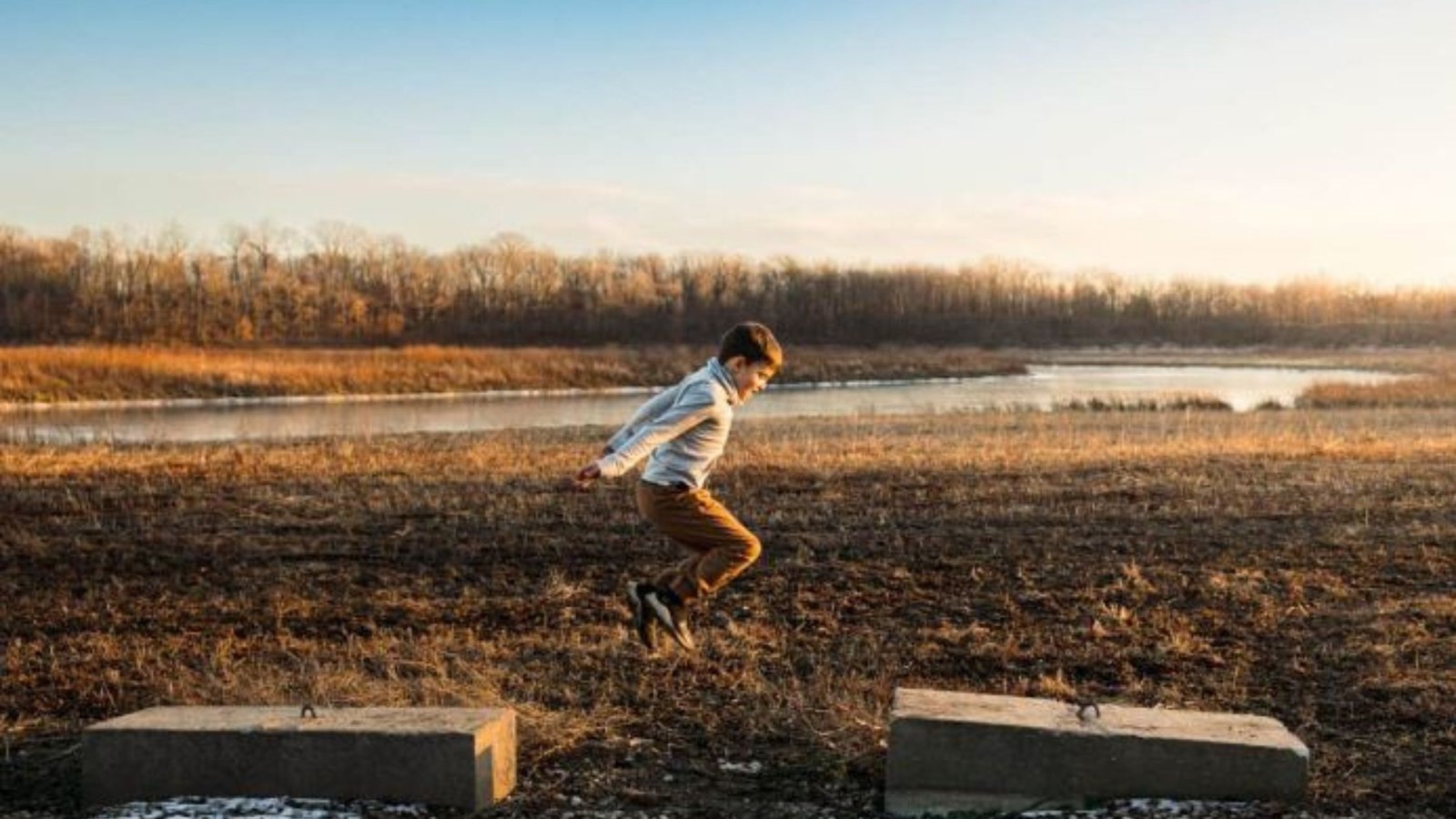Introducing children to the wonders of outdoor activities can ignite a lifelong passion for nature and adventure. Whether you’re a parent, guardian, or educator, here are some effective ways to Introduce Kids to the Joys of Outdoor Activities.

1. Start Early with Simple Adventures
Begin with simple outdoor activities that are age-appropriate and easy to manage:
- Nature Walks: Take leisurely walks in local parks or nature reserves. Encourage children to observe plants, insects, and wildlife.
- Picnics: Combine outdoor play with a picnic lunch. Find a scenic spot where kids can run around and explore after eating.
- Playground Visits: Visit playgrounds with natural elements like trees, rocks, or sand pits to encourage active play in a natural setting.
2. Emphasize Exploration and Discovery
Encourage curiosity and discovery during outdoor outings:
- Scavenger Hunts: Create scavenger hunts with a list of items for kids to find in nature, such as specific leaves, rocks, or animal tracks.
- Nature Journals: Provide kids with notebooks to sketch plants, animals, or landscapes they encounter. This fosters observation skills and creativity.
- Outdoor Storytelling: Encourage storytelling about their outdoor adventures. This can be done around a campfire or during breaks in the hike.
3. Make It Educational and Engaging
Turn outdoor activities into learning opportunities:
- Identify Plants and Wildlife: Teach kids to recognize common plants and animals in your area. Use guidebooks or smartphone apps to aid identification.
- Learn Outdoor Skills: Teach basic skills like knot tying, fire starting (under supervision), and setting up tents or shelters.
- Geocaching: Engage older kids in geocaching, a treasure hunt using GPS coordinates. It combines technology with outdoor exploration.
4. Foster a Sense of Responsibility and Respect
Instill values of environmental stewardship and safety:
- Leave No Trace: Teach kids to clean up after themselves and respect natural habitats. Leave outdoor spaces as you find them.
- Safety Rules: Set clear safety guidelines, including staying together as a group, wearing appropriate clothing, and knowing how to respond to emergencies.
5. Plan Outdoor Adventures as a Family or Group
Create memorable experiences by involving family members or friends:
- Family Camping Trips: Organize short camping trips to introduce kids to sleeping under the stars and cooking outdoors.
- Group Activities: Join outdoor clubs or groups that organize family-friendly hikes, nature walks, or kayaking trips.
6. Encourage Outdoor Play at Home
Promote outdoor playtime in your backyard or neighborhood:
- Gardening: Involve kids in planting and caring for a garden. It teaches them about plants, soil, and the natural growth cycle.
- Outdoor Games: Set up games like tag, hide-and-seek, or obstacle courses that encourage physical activity and imagination.
7. Use Outdoor Activities to Teach Life Skills
Outdoor adventures can teach valuable life lessons:
- Teamwork: Encourage cooperation and problem-solving during group activities like building a fort or navigating a trail.
- Resilience: Help kids overcome challenges like muddy trails, unexpected weather changes, or learning new outdoor skills.
8. Capture and Reflect on Outdoor Experiences
Document and reflect on outdoor adventures:
- Photography: Give kids disposable cameras or let them use your smartphone to capture memorable moments in nature.
- Journaling: Encourage kids to write or draw about their favorite outdoor experiences. This promotes reflection and gratitude.
9. Adapt Activities to Different Ages and Abilities
Tailor outdoor activities to suit the age and abilities of each child:
- Younger Children: Focus on sensory experiences like feeling different textures, listening to nature sounds, or splashing in puddles.
- Older Children: Offer more challenging activities such as longer hikes, canoeing/kayaking, or learning navigation skills.
10. Celebrate Achievements and Milestones
Acknowledge and celebrate kids’ accomplishments in outdoor activities:
- Certificates or Badges: Create certificates or badges for completing milestones like their first hike, identifying specific wildlife, or mastering a new outdoor skill.
- Family Traditions: Establish traditions like an annual camping trip or hiking a favorite trail to create lasting memories.
By introducing kids to outdoor activities early and nurturing their curiosity and respect for nature, you provide them with invaluable experiences that can shape their love for the outdoors and their understanding of the environment. Encourage exploration, learning, and fun in the great outdoors, and watch as children develop a lifelong appreciation for the natural world.











